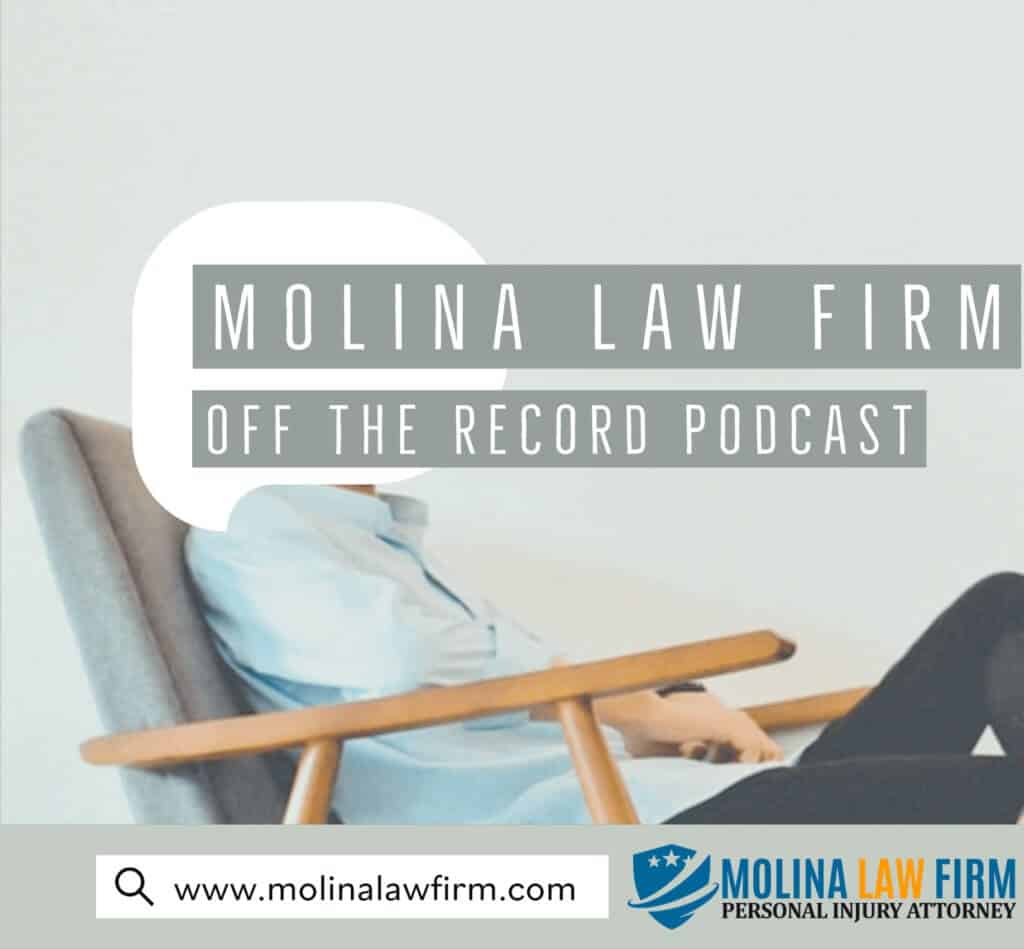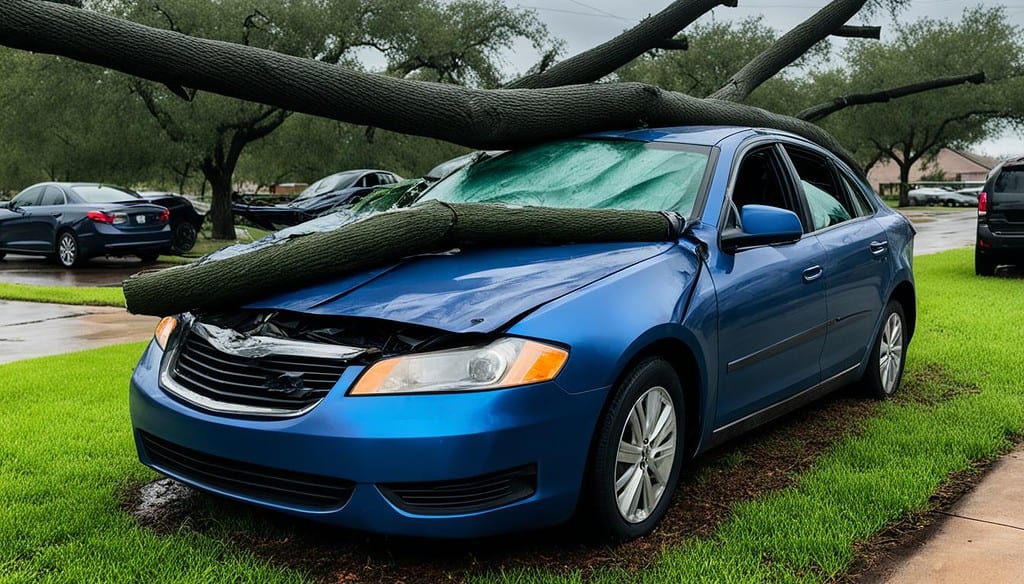
Table of Contents
Texas, known for its typically warm climate, enjoys pleasant temperatures most of the year. However, the state is not immune to severe weather conditions and Houston weather-related fatal car accidents are real cases Houstonians face. Texans often confront a range of challenging weather scenarios, including thunderstorms, snowstorms, dense fog, and tornadoes, all of which significantly increase the likelihood of Houston weather-realted fatal car accidents.
It is advisable to avoid driving during adverse weather conditions whenever possible. Should driving be necessary, it’s crucial to adapt driving habits to suit the prevailing weather conditions. Importantly, harsh weather conditions seldom serve as a valid excuse for a vehicular accident. In fact, challenging road conditions typically heighten the expected standard of care for drivers.
In cases of accidents attributed to bad weather, it’s important not to readily accept excuses from other drivers or their insurance companies. Molina Law Firm can assist in navigating the complexities of car accident claims arising from such scenarios.
Impact of Weather on Texas Road Safety & Houston Weather-Related Fatal Car Accidents Statistics
According to the Federal Highway Administration, around 20% of nationwide crashes are due to adverse weather, resulting in nearly 5,000 fatalities (16% of fatal crashes) and over 418,000 injuries (19% of injury crashes) annually.
Texas has recorded the highest number of weather-related fatalities in the country over a recent nine-year period, with over 680 deaths and an additional 1,630 injuries. These incidents encompass various weather events, including winter conditions, tornadoes, winds, floods, hurricanes, hail, and rain.
While not all weather-related injuries and deaths are due to road accidents, a significant portion is. The Texas Department of Transportation data indicates that in 2021 there were over 146,000 rural car crashes related to weather-related. The Texas Department of Insurance reports that nearly 60,000 Texas crashes annually are due to poor weather conditions.
A study by the car insurance comparison tool Jerry shows an upward trend in Texas weather-related accidents, attributing this increase to a rise in extreme weather conditions linked to climate change. For instance, warmer ocean temperatures off the Texas coast are leading to more intense hurricanes impacting cities like Houston.
Texas State climatologists predict a 30-50% increase in extreme rainfall events by 2036. Additionally, an increase in winter storms is expected in the South as Arctic warming pushes polar winds further south. This shift was implicated in a deadly 130-vehicle pileup near Fort Worth during a winter storm, as reported by the Texas Tribune. The frequency of extreme weather events is anticipated to rise in the next 10 to 20 years.
Hazards of Driving in Harsh Weather
In Texas, each season presents its own set of weather challenges, including snow, ice, hail, sleet, fog, hurricanes, and tornadoes. Texas drivers must remain vigilant against these natural elements. Surprisingly, rain is the leading cause of weather-related crashes in Texas.
Rain is responsible for the majority of the state’s approximately 60,000 annual weather-related crashes, with about 85% attributed to it. This trend is not unique to Texas; nationwide, rain and wet roads are the leading causes of car accidents, as per the U.S. Department of Transportation.
Rain poses significant dangers due to reduced visibility, difficulty in vehicle control, and the risk of vehicles being swept away. Just 12 inches of water can carry away a small car, and two feet of water can sweep away larger vehicles. Hydroplaning, where water creates a barrier between the road and tires, increases the risk of skidding or drifting.
Other weather-related driving risks include:
- Fog: Reduces visibility significantly, leading to nearly 200 crashes and 72 fatalities in Texas in 2019.
- Snow, sleet, and ice: While rare in Houston and San Antonio, these conditions are becoming more common in the Dallas-Fort Worth area, leading to numerous crashes.
- Wind: Affects vehicle stability and visibility, contributing to over 100 crashes in Texas in 2020, including fatalities and injuries.
Extreme Weather and Vehicle Accident Responsibility
All drivers, even the most cautious, can fall prey to hazardous weather. The nature of a weather-induced accident and the insurance coverage available are key in determining how a claim is handled.
In certain scenarios, you might be eligible to file a claim with your own auto insurance:
- If you lose control of your car due to inclement weather, resulting in a collision with another vehicle or object, or if another driver loses control and hits you, you may file a claim under your collision insurance. However, remember that collision coverage, an optional insurance, only addresses damages to your car and does not cover medical expenses or damages to others’ property.
- Damage from weather-related events not involving a crash, like damage from falling ice-laden branches or objects hitting your windshield, might be covered under comprehensive insurance, another optional policy. This insurance also covers events like fires, floods, and hail damage.
Consider a situation where another driver collides with you during a weather event. In Texas, an at-fault state, you would typically file a claim for property damage and injuries against the other driver’s insurance. However, if they argue that the incident was an “act of God” or beyond their control, they might claim exemption from liability, attributing the accident to the weather.
Such defenses are generally not valid. Auto insurance is predicated on the principle that drivers are accountable for their actions. If a driver is deemed negligent, their insurance is expected to compensate the affected parties. Negligence hinges on the concept that every driver has a duty of care towards others on the road. This includes adhering to traffic laws, staying focused while driving, being mindful of other motorists, and driving suitably for the current conditions.
Drivers should adapt their driving to changing conditions. For instance, on a clear, dry day, driving at 65 or 70 mph on I-35 might be safe, but these speeds should be reduced in wet, icy, or snowy conditions. Increased following distances are also advised on slick roads to accommodate longer stopping distances.
The specific precautions a driver should take vary with the weather conditions. In dense fog, even simple actions like lane changing can be risky. In rainy or snowy conditions, the depth of tire tread is crucial for maintaining traction. Therefore, even if you’re not speeding or following too closely, inadequate tire tread depth could be considered negligent. Similarly, not using headlights during a storm could also be seen as a sign of negligence. Ultimately, each driver is responsible for their vehicle and actions, with few exceptions to this rule.
Contact an Experienced Houston Car Accident Lawyer
Contact Molina Law Firm today for a consultation and learn how we can help you seek justice for your Houston weather-related fatal car accident case. Our compassionate and skilled legal professionals are here to assist you every step of the way.
Related Articles:
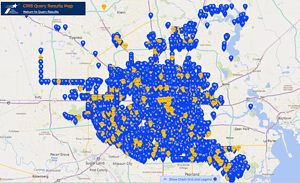
Houston Speeding Car Accident Data 2023
The above photo shows the Houston car accidents that are related to speeding. This photo

Houston Total Solar Eclipse 2024 and Traffic Accidents
According to a study published in the Journal of the American Medical Association, there was

Houston Accident Injuries and Stem Cell Therapy
Accident injuries can be debilitating, causing pain, limited mobility, and a host of other challenges.
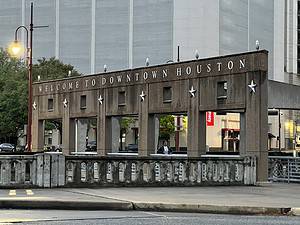
Houston Harris County Texas Population Has Major Increase
The Houston Harris County Texas population is growing–BIG TIME! According to the United States Census

Car Insurance Rates Keep Rising
Car Insurance Rates Keep Going Up According to a recent evaluation of car insurance rates,
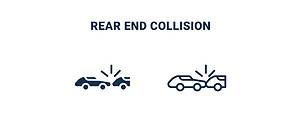
Houston Wrongful Death Rear End Accident
Rear-end collisions resulting in wrongful death can have devastating consequences for families in Houston. If

